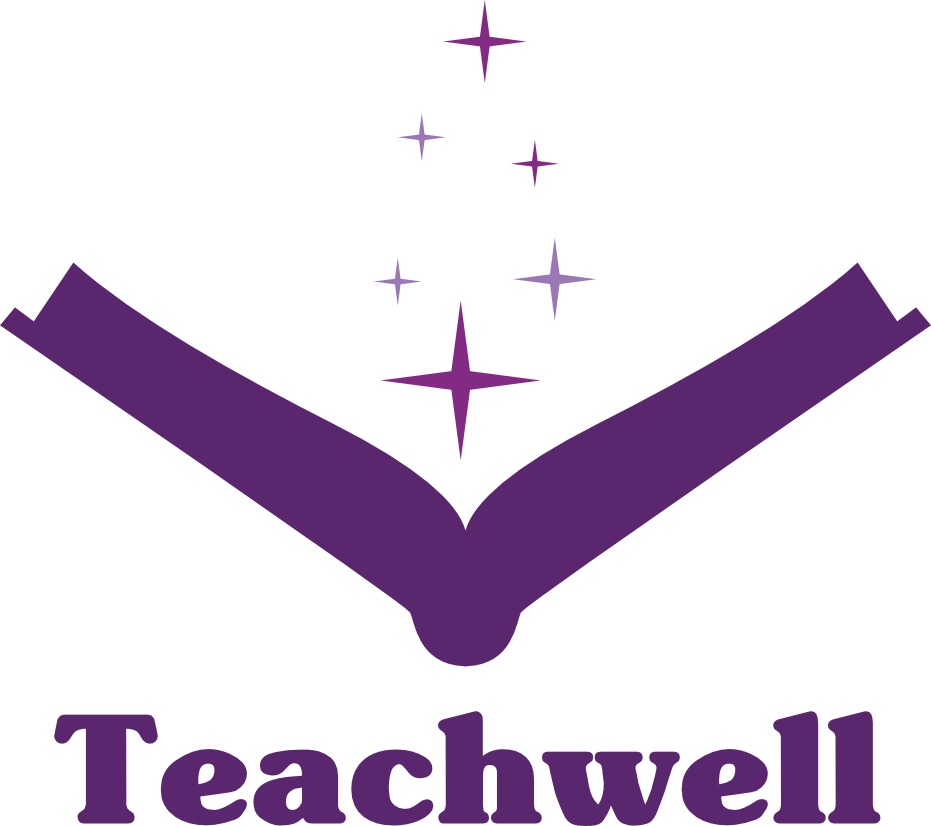Independent Writing and Independent Moderators
The teacher assessment writing exemplification materials for KS1 and KS2 have finally been released. As Michael Tidd points out in his blog, there are already questions about the extent to which the writing judged will be truly independent. In fact, it could be argued that writing in KS2 which has been planned and drafted over several sessions will have had much teacher input, feedback and corrections by the teacher. This is clearly not the same as independent writing.
As Tidd states, it is simply not as clear as previous guidance that explicitly stated the first unedited draft needed to be assessed. The old timed writing tests allowed for planning and editing, this is a far cry from teacher assessment of pieces of writing from across the year. It is even further from the idea that the pieces assessed will have been planned and drafted over several days. Maybe I’m wrong here, but surely the problems with controlled assessment will apply here. Which makes it even more ridiculous because no sooner has this practice ended in secondary, we are allowing it in primary!
The maladministration guidelines for moderators state they have to report the following:
- a concern regarding the TA evidence and processes within the school
- lack of independent work
- changes to TA judgements by school staff to influence school assessment outcomes
- a concern about the pattern of attainment
Maladministration is further explained in the document which is used by those investigating as:
- could lead to results and/or outcomes that don’t reflect pupils’ unaided work or actual abilities
This makes it clear that the results should reflect what the pupils are able to do without any help or support. This means that if the pieces used for teacher assessment are heavily scaffolded or include teacher feedback which changes the results, then the school is on shaky ground.
However, this will not deter schools who are desperate to avoid an inadequate rating from taking desperate measures and hoping they are not moderated. Local authorities moderate around 25% of schools and the moderation arrangements of free schools and academies are not really robust, given that they will be paying for someone to do the moderating. The reality is that it is quite easy to pay for the moderators who turn a blind eye rather than those who will report maladministration, especially if you are a school doing the maladministration on purpose!!
The DfE do need to clarify what can constitute an assessment piece. As much as some dislike the idea of cold, hot and lukewarm writes, the lukewarm write is children writing independently in a genre they have been previously taught. This gives the children a fair chance at getting the features correct as well as previous feedback to draw on. Guidelines would need to state how far apart it would need to be – so three weeks between the hot and lukewarm writes, but it would ensure a bit more integrity in the process.
Also, while in theory, allowing schools to select the pieces of writing sounds great regarding autonomy, in reality, it will lead to much distorting of data.
The exact number of fiction and non-fiction pieces of writing and types should be outlined. For example:
In KS1: One short story, one longer story, one poem, one recount and one non-fiction report, should suffice.
In KS2: two stories – one short, one long, two non-fiction reports – one chronological, one non-chronological, two types of poems (I don’t know enough about poems to decide which would be best here), one persuasive letter. (I am not persuaded (pun intended) by the idea of assessing posters to determine writing standards in Key Stages 1 and 2.) All of these types of writing are already taught in Years 3 – 5.
The cons of this approach would include:
- less autonomy for teachers/schools.
- more cross-curricular writing being used in assessments.
- the question of independent ideas in writing.
However, I do think the emphasis on novel ideas is massively overrated in primary school. Most of us simply are not going to be writing prose and don’t need to either. I’m sure there will be many English teachers who disagree with this, and I am happy to stand corrected.
Even withstanding such a criticism, I would say that much more guidance and clarity is needed. There is a trade-off between autonomy of schools and reliability of results here. If we are going to assess children nationally, then the least we can do is make sure the arrangements are clearly understood, uniform and provide us with the information we are seeking.
In addition, we need moderators who are independent of schools, and therefore will report maladministration and take it seriously. It would require that more schools are moderated – mini-moderations during the year as well as full on ones at the end of a sample of schools. This is the only way to enable the system to set itself right again. If Local Authorities are paid by the state and Academies/Free Schools pay for the service, I don’t see why an independent body of moderators should not exist.
We must learn from the problems that have plagued Ofsted, but this may be a better means of supporting schools and the education system as a whole, as well as getting rid of some poor practice out there.
In the end, though, all children deserve to taught well enough to be literate and be able to communicate through writing. This should neither be distorted because of high stakes nor should it be left on the off chance that maladministration is reported.


